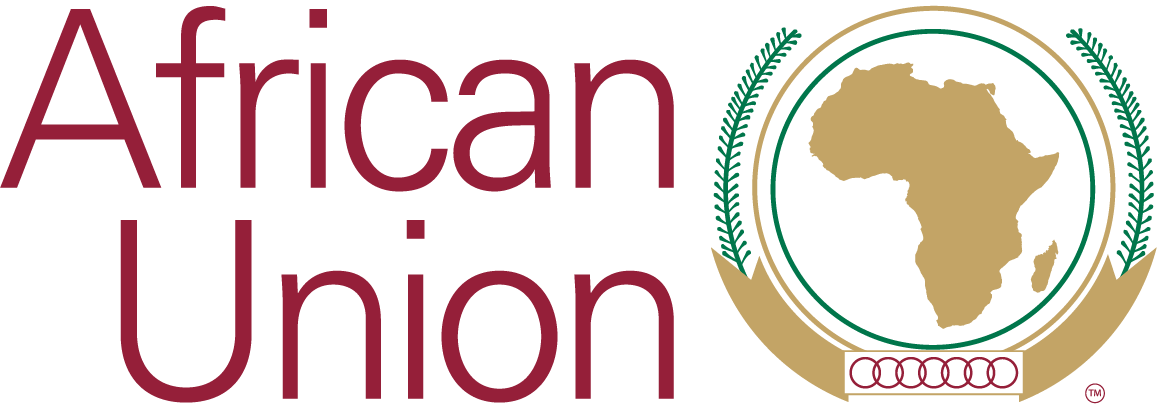The Pan-African Parliament (PAP)’s Permanent Committee on Monetary and Financial Affairs is set to conduct consultations with key regional stakeholders on the Draft Model Law on Cooperatives in Africa. The consultative meeting will be held on the 29th and 30th of August 2023 in Nairobi, Kenya, in collaboration with the International Cooperative Alliance – Africa (ICA-A).
In November 2022, the Pan-African Parliament Plenary approved a proposal by the Committee on Monetary and Financial Affairs to develop a Model Law on Cooperatives. The Model Law is intended as a soft-law instrument that member states of the African Union (AU) can use or adapt to provide guidance to law and even policymakers on the governance and operations of cooperatives.
The Plenary Resolution mandated the Committee to lead, with technical support from ICA-A, the formulation of the proposed Model Law and to update Parliament on its progress.
The Plenary further requested the Committee to ensure that the relevant departments of the African Union Commission, Regional Economic Communities (RECs), and civil society organizations are meaningfully involved in the formulation process of the Model Law on Cooperatives.
Considering this, the Pan-African Parliament and ICA-A have held a series of meetings to develop, discuss, and adopt the policy paper that provides a conceptual basis for the proposed Model Law. This process led to the presentation of a Draft Model Law for first reading during the 2nd Ordinary Session of the Sixth Parliament of the Pan-African Parliament in June 2023. The upcoming Nairobi consultations, spearheaded by the Continental Parliament, therefore seek to engage regional stakeholders, with a view to submitting, at a later stage, a draft Model Law that integrates the views and aspirations of the peoples of Africa and other concerned stakeholders.
The two-day meeting will bring together members of the Pan-African Parliament’s Committee on Monetary and Financial Affairs, members of Regional and National Parliaments, RECs, the African Union Commission and ICA-A and partners, African Union Economic Social and Cultural Council (ECOSOCC) and Civil Society. Participants will engage on how they can effectively influence the model law development utilizing the tools and legislative instruments available to ensure that policies developed are in keeping with public interests and are for the best use of available sources.
The committee will submit to the Plenary for final consideration and adoption after integrating inputs received from the regional consultations.
The African Union recognizes cooperatives as private business organizations that are unique in that their owners democratically control and benefit from them. Apart from this, they are value and principle-driven organizations, which put the social and economic interests of their members at their core. Given their nature, these cooperatives are ideal for fighting poverty and bringing about social cohesion. The proposed Pan-African Parliament-led Model Law stems from the realization that for cooperatives to play their role effectively, they must operate in enabling environments that foster their growth. The enabling environment is usually created by national laws that set out regulatory frameworks and other matters related to the establishment and operation of cooperatives.
In accordance with the Pan-African Parliament Guidelines on the formulation of model laws, the development of the Model Law on Cooperatives in Africa consists of three major stages:
- The initiation stage, wherein the development of the Model Law on Cooperatives was triggered by a request by ICA-A, duly endorsed by the Committee on Monetary and Financial Affairs and approved by the Plenary in November 2022.
- The Formulation Stage, which consists of the production of a policy paper designed to provide a conceptual basis for the proposed Model Law, followed by the actual drafting of the Model Law and its endorsement by the competent Permanent Committee.
- The adoption stage, which includes the consideration of the draft Model Law in Plenary and all consultations to be held subsequently before final adoption of the proposed Model Law.
-Ends-








